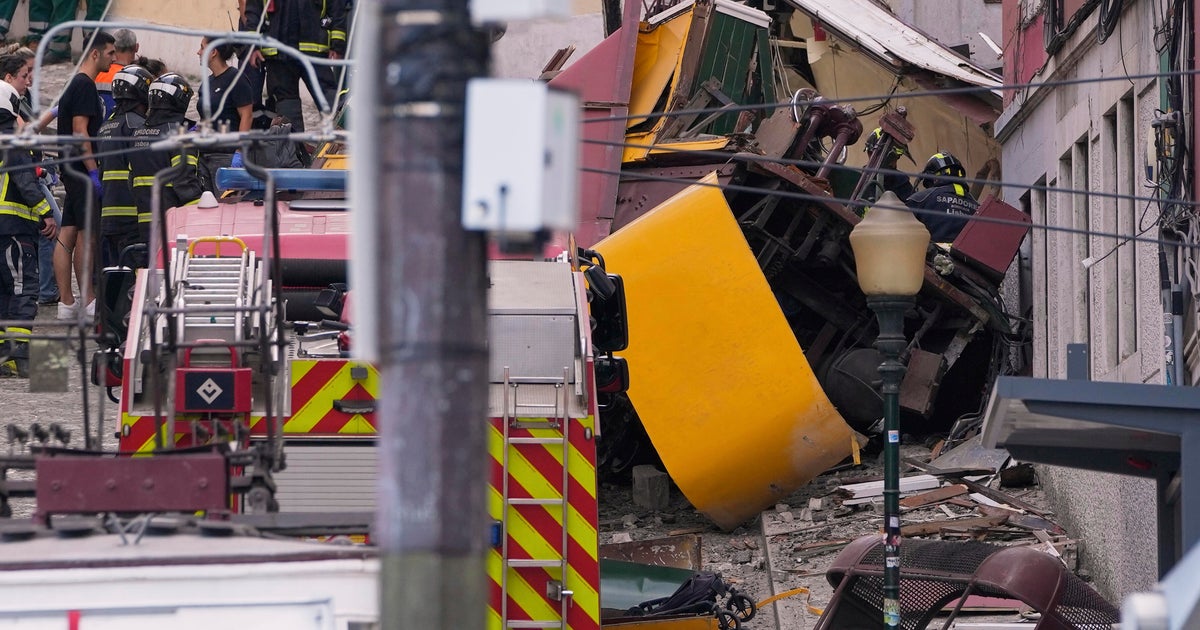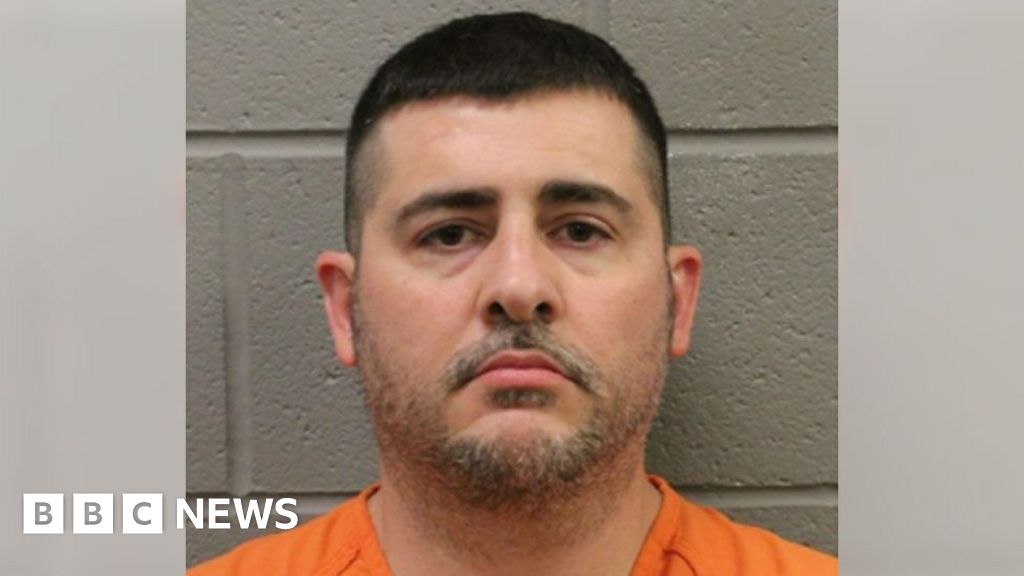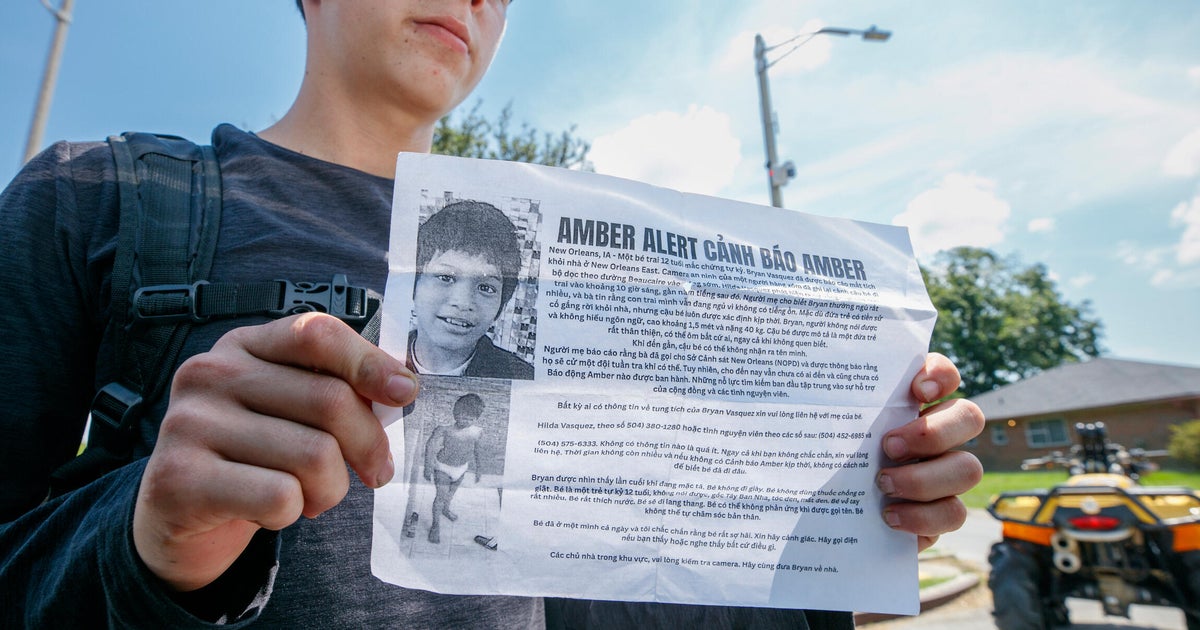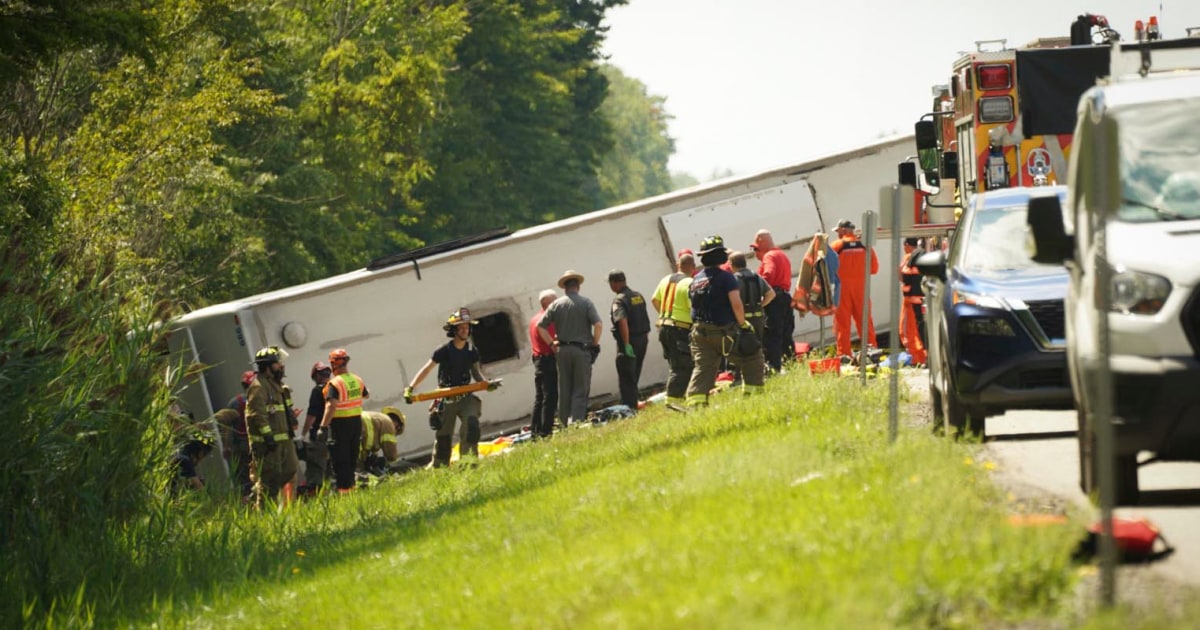Tragedy Strikes: College of Charleston Instructor Among Victims of Lisbon Funicular Crash
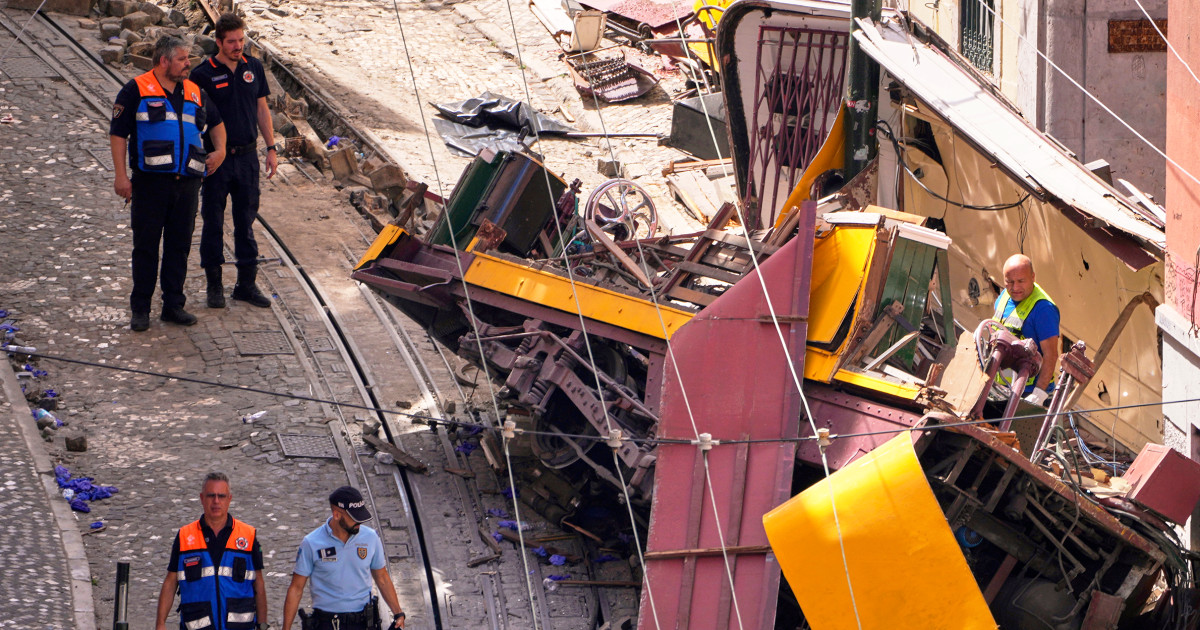
Introduction
An instructor from the College of Charleston, a prestigious university in South Carolina, was among the 16 people who lost their lives in the tragic funicular crash in Lisbon on Wednesday. The College of Charleston confirmed the news on Friday, sending shockwaves throughout the academic community.
Key Details
The funicular railway, also known as the "Elevador da Gloria," is a popular tourist attraction that connects the lower part of Lisbon to the historic Bairro Alto neighborhood. The accident occurred when the funicular lost control and derailed, causing multiple fatalities and injuries. The cause of the crash is still under investigation, but it is believed that a cable snapped, causing the funicular to descend the steep hill at high speed.
Impact
The loss of the College of Charleston instructor is a devastating blow to the university and its students. The instructor was highly regarded and beloved by their students and colleagues. The tragic event serves as a reminder of the importance of safety measures and precautions in the tourism industry. Our thoughts and prayers go out to the families and friends of all the victims involved in this devastating accident.
About the Organizations Mentioned
College of Charleston
The **College of Charleston**, founded in 1770 and chartered in 1785, is the oldest institution of higher learning in South Carolina and the 13th oldest in the United States. This historic college is a public, coeducational institution that offers a wide range of undergraduate degree programs across various fields, including arts, business, education, humanities, social sciences, and sciences. It also provides master's degrees through its affiliation with the University of Charleston. ### History and Achievements The college has a rich history, having been established during the Age of Revolution. Initially, classes were held in former Revolutionary War barracks before the construction of its iconic buildings. The campus was damaged during the American Civil War, an earthquake in 1886, and a hurricane in 1989. Notably, women were first admitted in 1928, and African Americans in 1968. The college became a municipal institution in 1836, marking it as the first of its kind in the U.S. ### Current Status Today, the College of Charleston is recognized for its academic excellence and innovation. It is ranked as a top public college in the South by U.S. News & World Report. The college is part of the South Carolina State College System and offers research opportunities through facilities like the George D. Grice Marine Biological Laboratory and the Avery Research Center for African American History and Culture. ### Notable Aspects - **Historic Campus**: The college's campus is a National Historic Landmark, featuring mid-19th-century buildings like Randolph Hall and the Towell Library. - **Innovative Programs**: The college offers experiential learning opportunities, especially in history, which are enhanced by its location in one of America's most historic cities. - **Community Engagement**: The college is deeply involved in the local community, connecting students with industries in aerospace, automotive, medical, software/IT, and hospitality sectors. Overall, the College of Charleston combines historical significance with modern
